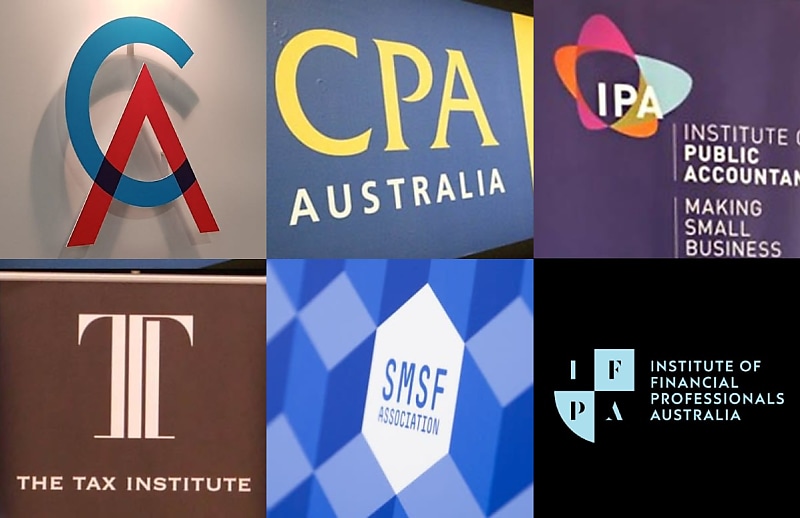Accounting associations have called for a rethink of the proposed non-arm’s length expense (NALE) rules for superannuation funds with the bodies opposed to the suggested two-tier structure.
You’re out of free articles for this month
The Institute of Financial Professionals Australia (IFPA) was also unsupportive of the measures in the draft legislation bill, releasing a separate submission outlining its concerns.
One of the key proposed changes in the draft legislation was the introduction of a distinction between different segments of the superannuation sector regarding taxation, exempting large APRA-regulated superannuation funds from both general and specific expenses within the NALI/E system.
In their joint submission, the associations said the differential treatment was unnecessary particularly as trustees of the funds were all subject to the same statutory best financial interests duty, common law fiduciary obligations and sole purpose test.
Instead of a two-tiered structure, the organisations suggested the removal of previous amendments to the Income Tax Assessment Act 1998 (ITAA 97) that extended the non-arm’s length income (NALI) provisions to address NALE incurred by a superannuation fund.
“We proposed a solution that removed any need for such a divergence. We proposed the repeal of the 2019 amendments to section 295-550 of the ITAA 97 and a return to the former legislative provisions,” said the joint submission.
“Any remaining concerns regarding non-arm’s length arrangements in any superannuation fund can be addressed by the ATO and the superannuation sector in light of the current version of ATO Taxation ruling TR 2010/1, which uses the contributions framework to remedy such breaches.”
In its submission, the IFPA labelled exempting large APRA-regulated funds as “unjust” and “unfair”.
“We do not agree with having different rules for different funds and disagree that large APRA-regulated funds have less incentive to enter into schemes of the kind which result in a tax advantage,” it said.
“Exempting large APRA-regulated funds for both general expenses and specific expenses but subjecting SMSFs and SAFs (small-APRA superannuation funds) for both general and specific expenses of the fund is unfair.”
The joint submission also looked at the treatment of general expenses in both SMSFs and SAFs. The associations said the draft legislation showed signs of improvement, but there was still concern particularly surrounding the NALI cap.
“We remain cautious about the proposed change to the rules relating to general expenses, where any NALI arising would be capped at a maximum ‘two times multiple’ and by the taxable income of the fund,” said the submission.
“This cap has the potential to lead to inequitable outcomes. We consider that the current version of TR 2010/1 provides a logical approach by treating minor breaches of the NALE rules as contributions.”
“This approach ensures simplicity and efficiency, as the treatment of contributions acts as a self-correcting mechanism. It also subjects the relevant NALE amount to the existing robust regime of excess contributions tax where the contributions caps are exceeded.”
The associations recommended that the two times multiple cap be applied consistently across all general NALE, regardless of whether the expenditure was revenue or capital, instead of excluding any loss, outgoing or expenditure that was capital or of a capital nature as proposed by the draft legislation.
The industry organisations also called for reform regarding issues with the treatment of specific expenses, many of which came from the integration of the NALI/E rules with the capital gains tax (CGT) provisions.
“Substantial unease remains within the superannuation sector following the release of ATO Law Companion Ruling LCR 2021/12, which contains examples where specific NALE can impact the tax treatment of CGT assets in the future – in terms of income earned from the assets and future capital gains realised on their disposal,” it said.
The associations said conclusions drawn from the LCR 2021/12 ruling could be seen to have extended beyond what could be deemed “a reasonable nexus for tax purpose with the initial expense, as well as what the eventual real depletion of any intrinsic value resulting from the expense.”
“We recommend that this be the subject of legislative change to ensure a more equitable outcome.”

 Login
Login







